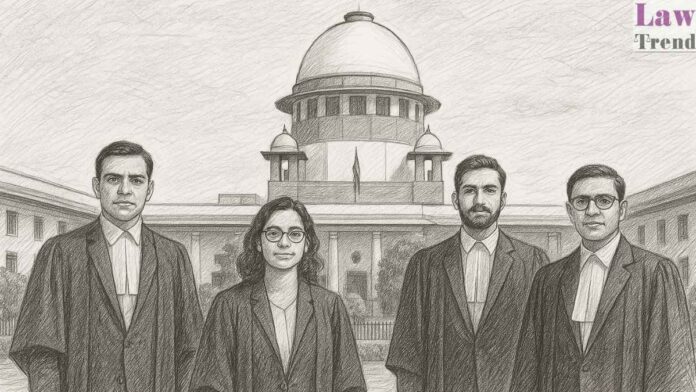The Supreme Court of India has taken suo motu cognizance of the issue concerning investigative agencies summoning advocates over legal opinions given to their clients or their role in representing parties during investigations. The case, registered as “In Re: Summoning Advocates Who Give Legal Opinion or Represent Parties During Investigation of Cases and Related Issues” [SMW(Cal) 2/2025], is scheduled to be heard on July 14.
A Bench comprising Chief Justice of India Bhushan Ramkrishna Gavai, Justice K. Vinod Chandran, and Justice N.V. Anjaria will preside over the matter.
The issue first came to the fore during the hearing of a case by a Bench of Justice K.V. Viswanathan and Justice N.K. Singh on June 25, wherein Gujarat Police had summoned an advocate who was representing an accused. The Bench observed that such actions could have a chilling effect on the independence of the legal profession and may adversely impact the fair administration of justice. The Court had stayed the notice issued to the lawyer and referred the broader issue to the Chief Justice of India.
Following this, the Supreme Court registered the suo motu proceedings on July 4.
The controversy has also been fuelled by a recent incident involving the Enforcement Directorate (ED), which had issued summons to two Senior Advocates — Arvind Datar and Pratap Venugopal — in connection with legal advice rendered by them. The move was met with strong condemnation from the legal fraternity, prompting protests by bar associations. Responding to the backlash, the ED withdrew the summons and subsequently issued a circular clarifying that no summons shall be issued to advocates without the prior approval of the ED Director.
The case now before the Supreme Court raises significant concerns about the protection of advocates in their professional capacity and the boundaries of investigative powers in relation to legal counsel.




